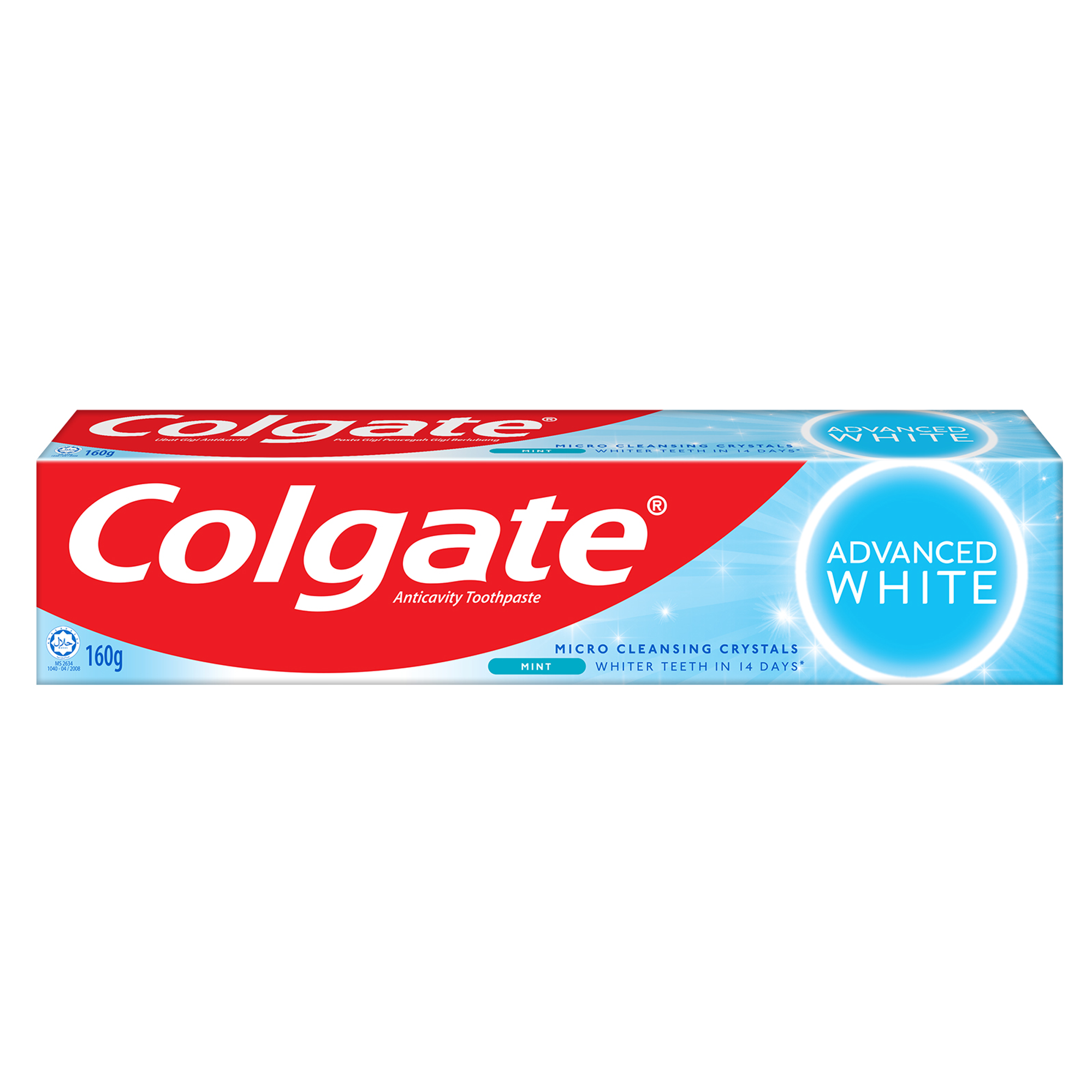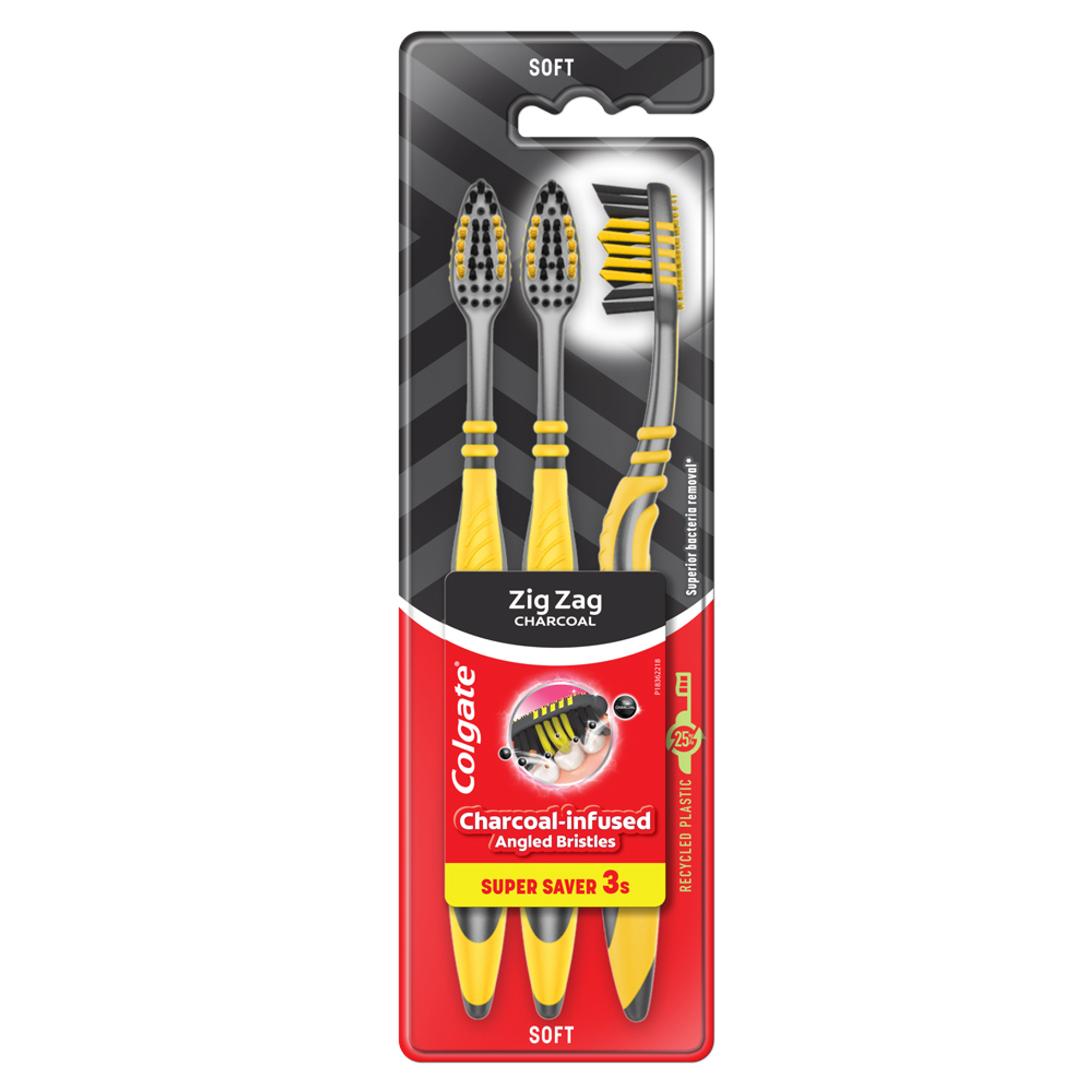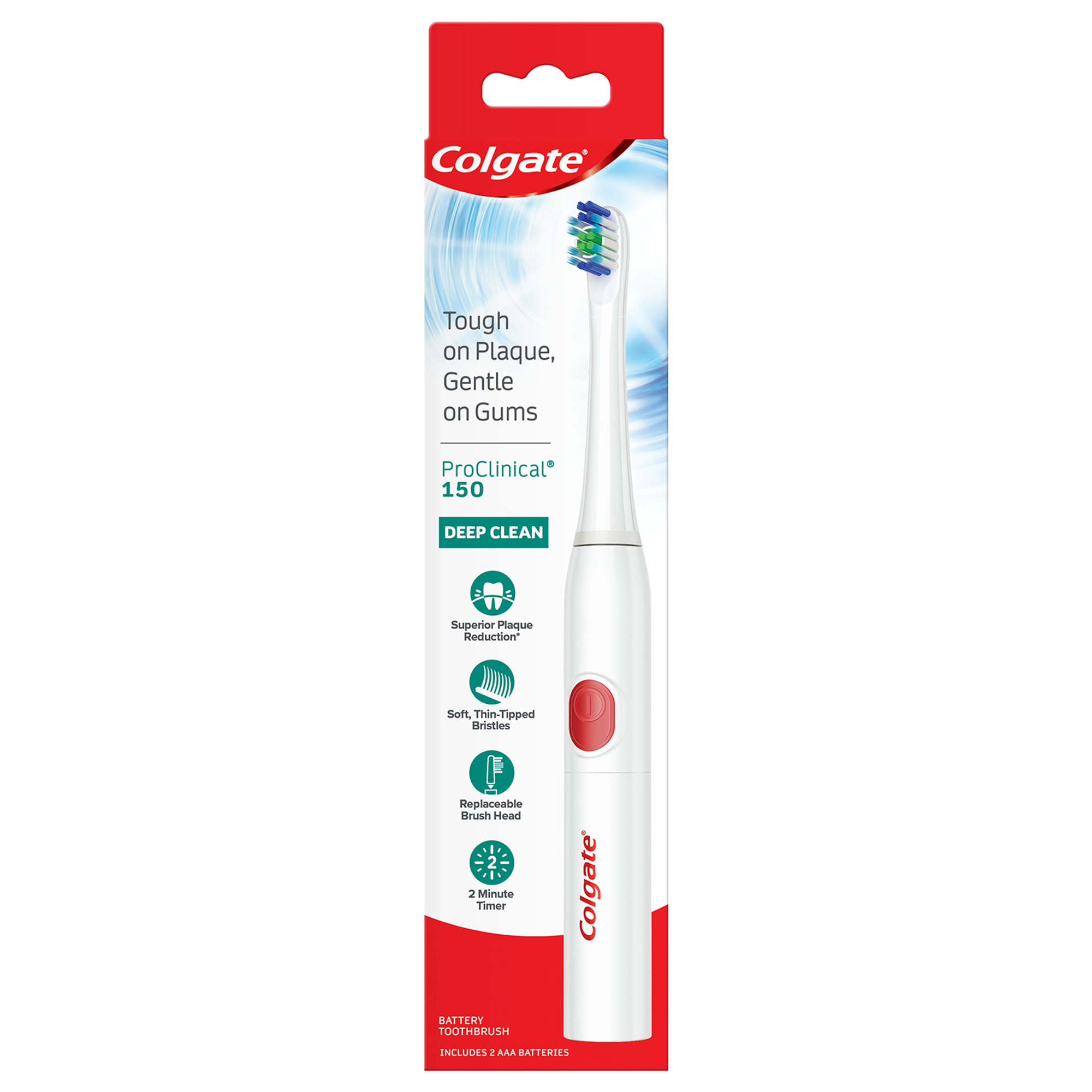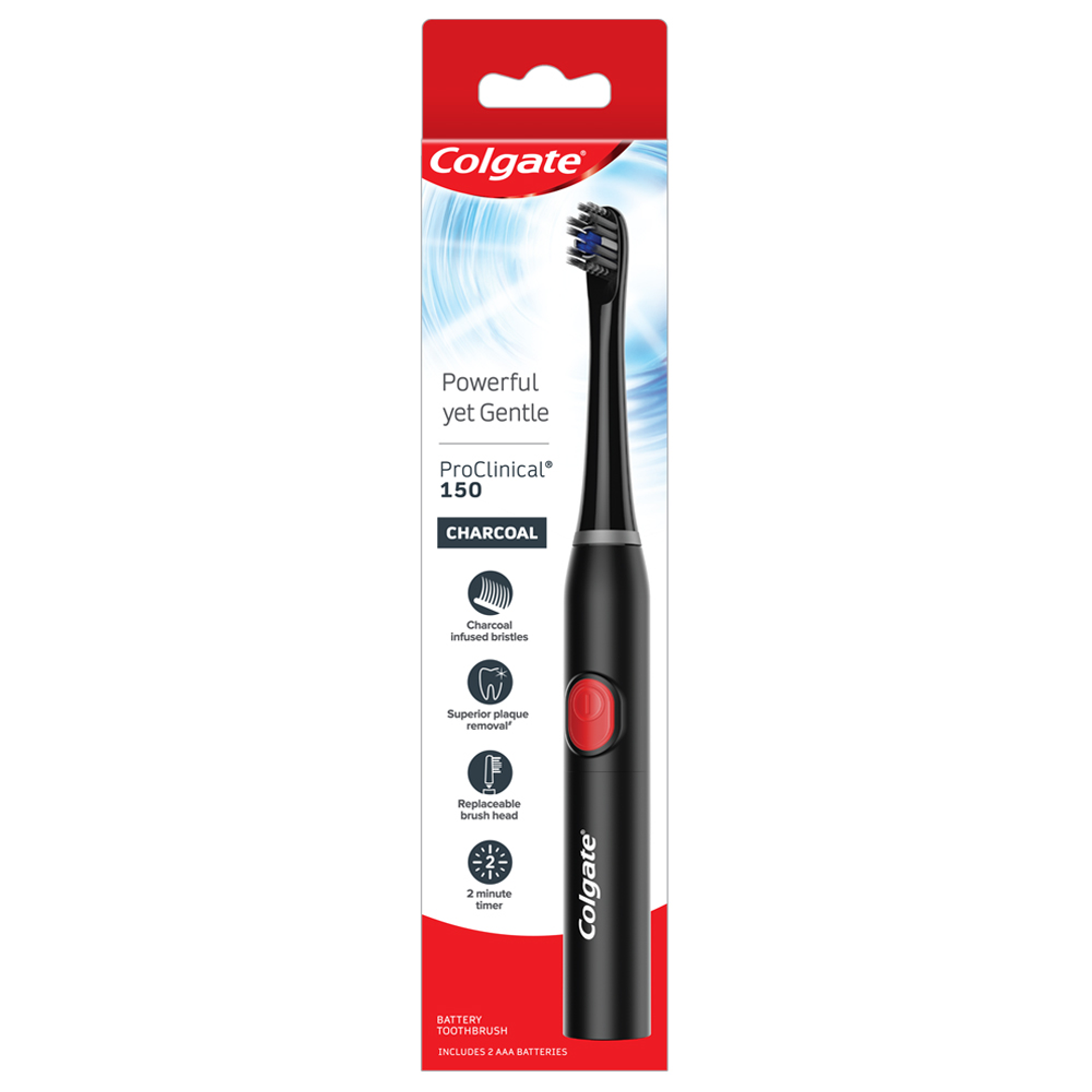- Oral Health and Dental Care | Colgate®
- Oral Health
- Pros and Cons of Dental Veneers


Dental veneers are thin pieces of tooth-colored porcelain cemented to the front surfaces of your natural teeth, and are an easy way to address a variety of physical and aesthetic problems. Because they're also permanent, however, you'll need to carefully weigh the pros and cons of the procedure before you decide to get them. Here are six things to think about and discuss with your dentist.
Pro #1: Easily Whiten Your Smile
Years of drinking coffee, smoking cigarettes or eating highly pigmented foods eventually take their toll on your teeth, turning them an unattractive shade of yellow or brown. Stained enamel can be bleached at home or by your dentist, but it can become stained again. If you're looking for an easier way to whiten your smile for good, dental veneers may be a good fit for you. Veneers are largely stain-resistant, according to the National Institutes of Health (NIH) , so you won't have to worry about discoloration or needing to have your veneers whitened.
Pro #2: Fix Minor Cosmetic Problems
Slightly crooked or gapped teeth can be treated with braces or other orthodontic treatments, but according to Dentistry Today , these problems can sometimes be helped with veneers as well. Veneers are attached to the front surfaces of your teeth – so although they don't change their positions, they do camouflage minor orthodontic problems once they're applied. Your natural teeth may still be gapped or crooked, but nobody will know aside from you and your dentist.
It's important to note that veneers can't always replace orthodontic treatment, and your dentist may refer you to an orthodontist instead of placing veneers.
Pro #3: Replace Damaged Enamel
Enamel is strong, but not indestructible. Your enamel may still be worn down from overzealous tooth brushing or eaten away by highly acidic foods and drinks. The stomach acid associated with acid reflux disease can also damage your enamel. This can become a cause for concern, because lost enamel doesn't grow back. Fortunately, it can be replaced. Veneers are an excellent treatment for teeth with enamel abrasion or enamel erosion, according to the American Academy of Cosmetic Dentistry and are aesthetically pleasing at the same time.
Con #1: High Cost
The price of veneers will vary based on your location, your dentist and the number of teeth you want restored, but one thing is for sure: They are often expensive.
Con #2: Increased Sensitivity
Some people experience an increase in tooth sensitivity after getting veneers. According to the American Academy of Cosmetic Dentistry , you may feel sensitivity to hot or cold temperatures for the first few days after your procedure, but it usually goes away. Tooth sensitivity is uncomfortable and inconvenient, but you can manage it with right products. Colgate ® Sensitive toothpaste helps relieve the pain associated with tooth sensitivity and helps repair and strengthen weakened enamel.
Con #3: Irreversible Procedure
Veneers are considered permanent because your dentist needs to change the structure of your natural teeth to properly place them. In this way, the outer layer of your enamel may be removed to make room.
Dental veneers are an excellent way to hide discolored, crooked or damaged teeth, but it's important to weigh the pros and cons that come with the territory before getting them. Make an appointment with your dentist to find out if dental veneers are a fitting solution for you.
Learn more about tooth restorations in the Colgate Oral Care resources.
Related Products

Helping dental professionals
More professionals across the world trust Colgate. Find resources, products, and information to give your patients a healthier future













